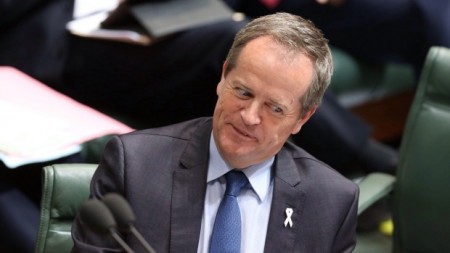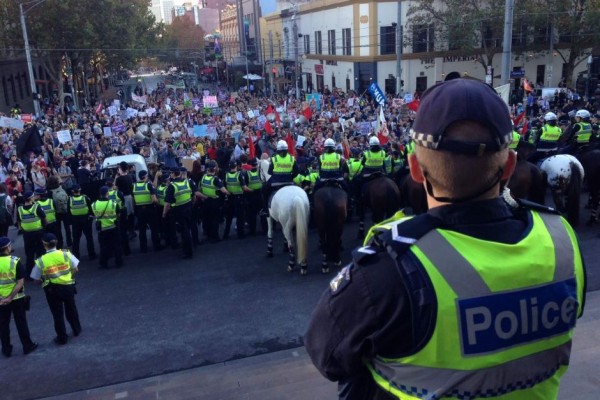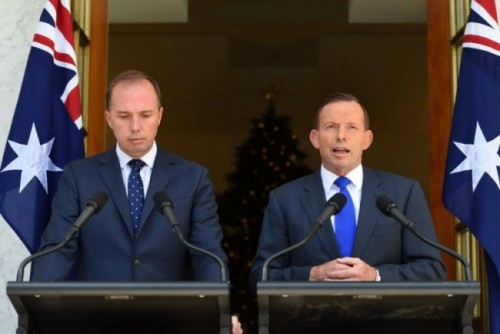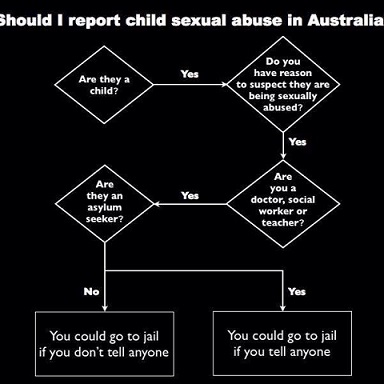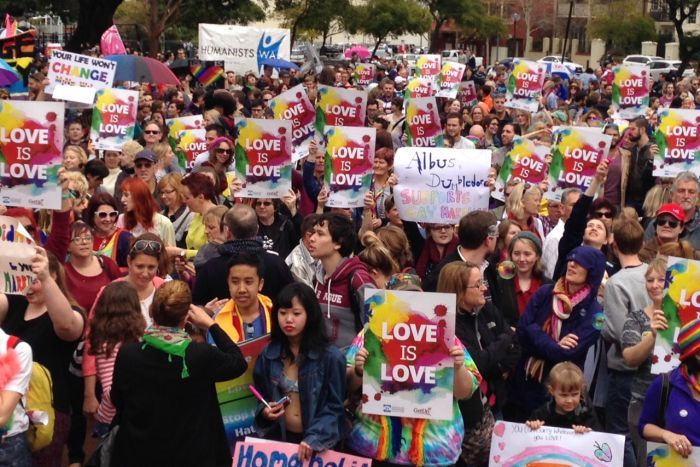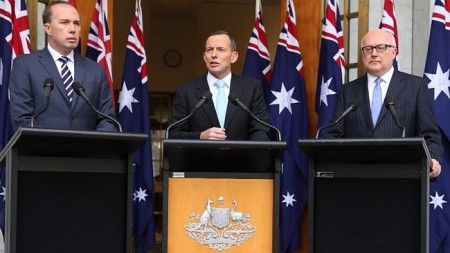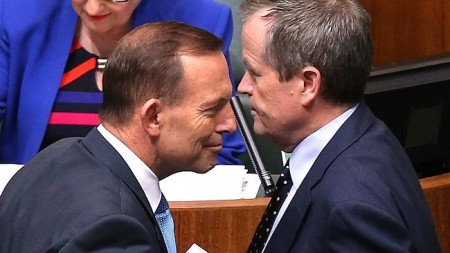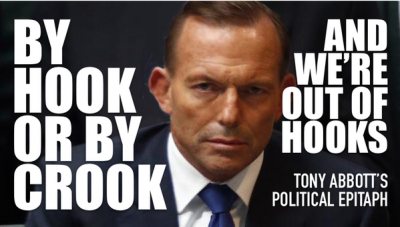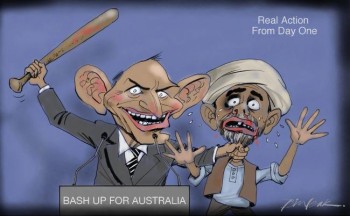Cashless Welfare Card – an insult to all Australians
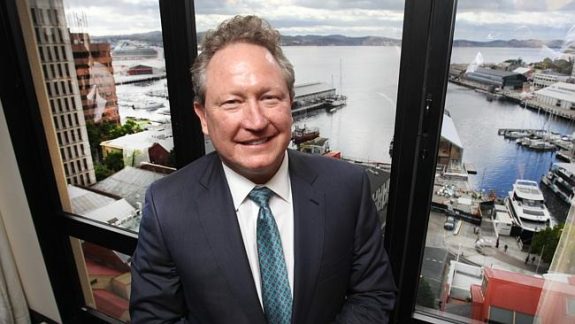
Australians are fortunate in many ways. Despite the best efforts of the Abbott Government to further marginalise vulnerable people, the majority of the population lives in relative safety, has a home to live in, access to education and employment and self-efficacy. However that minority, who are not so fortunate for whatever reason, now face a further disgraceful attack on their autonomy, independence, and ability for self-determination.
From February 2016, welfare recipients in the town of Ceduna in South Australia will start a trial of the Cashless Welfare Card.
It sounds innocuous enough. Most fortunate Australians have no real need for cash these days. Most people use debit or credit cards to pay for living expenses and basic necessities. And most bills can be paid by direct debit or electronic transfer. Apart from the odd parking meter coin or spare change for the kids’ pocket money, it is possible to get by almost exclusively without cash.
It is not the concept of a cashless card that is in issue. Rather, it is the motivation behind the cashless card, and the assumptions of irresponsibility of the holders, that makes it so sinister.
The aim of the cashless card is to prevent welfare recipients gambling or buying alcohol or drugs. The intention is that eventually, the card will apply to every adult, irrespective of their socio-economic or demographic status, who happens to be on welfare. It has been promoted as a way to stop alcohol fuelled violence and abuse of women and children – an absurd insinuation that this violence is solely the domain of welfare recipients.
Ceduna appears to be the perfect community to trial the card. There is no doubt whatsoever that Ceduna has a problem with alcohol use and abuse. An ABC interview from August 2013 highlights significant issues with Indigenous people ‘drinking themselves to death’. Since 1988 the centre of Ceduna has been a ‘dry zone’, but unsurprisingly, this has not stopped the problem.
Throwing his full support and enthusiasm behind the first official trial of the card, Parliamentary Secretary to the Prime Minister Alan Tudge reported that hospitalisation from assault in Ceduna is now 68 times the national average, and last year there were 4,500 admissions to the sobering up centre – in a community of 4000 people. So the Government has negotiated with local Ceduna community representatives, who have agreed that restricting access to cash is a great solution to ‘breaking the cycle’ of alcoholism. Those on welfare will have 80% of their payments quarantined, leaving access to between $60 – $150 a week in cash.
This may sound reasonable to some people. $60 – $150 would surely cover parking, pocket money and spare change for the vending machine. And there clearly is a problem in Ceduna. A problem largely restricted to those on welfare. A problem involving alcohol. Perhaps reducing cash would help.
Or perhaps not.
In 2013, the Mayor, Allan Suter is reported to have wanted an income management plan to restrict access to alcohol. And Mayor Suter, along with Tudge and the ultra-privileged, mining identity Andrew ‘Twiggy’ Forrest, who recommended the cashless card, have opted for the most easily available but fundamentally flawed assumption that alcohol is the cause of all the problems.
Stop the alcohol, stop the abuse.
Stop the alcohol, stop the deaths.
Stop the alcohol, stop the crippling poverty, disadvantage and discrimination suffered by so many in the Indigenous community.
And suddenly it becomes clear why the cashless welfare card is nothing but a hideous and unworkable solution to addressing the devastating consequences of alcohol abuse and violence. It fails to consider the root of the issues.
In 2013, Ceduna Aboriginal Community Leader, John Isgar said:
“People who don’t get educations, people who can’t transition into work, people who can’t fund and maintain their own economies and look after their own families are gonna find something else to do. I mean, if you got up in the morning and had nothing to do, why wouldn’t you go and have a grog?”
The cashless welfare card is nothing but a restrictive, paternalistic sledge-hammer response to dealing with problems that do not stem from alcohol or drug abuse at all. It is a Band-Aid solution to treat a symptom of a failed society. The cashless card does nothing to address the lack of hope, lack of opportunity, and lack of pride in self and community. It does nothing to empower the most vulnerable and marginalised people to make their own good decisions and choices.
The majority of people on welfare are not chronic drug abusers, alcoholics or gambling addicts. But many people on welfare are vulnerable, disadvantaged, and facing discrimination. They are facing outright hostility from the Abbott Government and his ministers, with labels of ‘leaners’ and ‘bludgers’.
The cashless welfare card is a blatant attempt to further shame and demonise welfare recipients. It perpetuates the idea that the poor are sucking the nation dry with their dependency on the rich. The Government rhetoric favours the ‘lifters versus leaners’, ‘rich versus poor’, ‘bludgers versus workers’ mentality which works against a fair, inclusive and supportive society.
For many recipients, welfare is not a choice, but a necessity. Unemployment is currently at 6% – people cannot just ‘go out and get a job’. Welfare recipients include single parents, students, those with a disability, and older and long-term unemployed who find it increasingly harder to get back into the workforce. Many people on welfare payments have jobs but are still hovering around the poverty line.
The cashless welfare card is a reactive and controlling response to the serious, but relatively small occurrence of some welfare recipients’ dependency on alcohol or drugs – a dependency that stems from deep rooted and entrenched issues within the community and has nothing to do with the availability of cash. The card does nothing to address the issue of employed people who engage in alcohol and drug fuelled violence and crime. Or the significant health issues and costs to society of alcohol and drug abuse in general.
The very concept of the cashless welfare card punishes all Australians who rely, even temporarily, on welfare by labelling them irresponsible and untrustworthy. It reinforces feelings of worthlessness and helplessness already experienced by those struggling to get by below the poverty line. It disgustingly infers that restricting cash to the most vulnerable and disadvantaged people will stop the scourge and very real threat of domestic violence.
So what will happen in Ceduna? Any decrease in crime and abuse, reduction in visible signs of poverty and reduced rates of alcoholism will be lauded as a massive success for the trial. Any increase in crime, abuse, alcoholism and poverty will be seen as an indication that cash should be further restricted.
And all the while, the Government cuts funding to community support centres and drug and alcohol programs that offer a real chance to improve the lives of Australians.
Like what we do at The AIMN?
You’ll like it even more knowing that your donation will help us to keep up the good fight.
Chuck in a few bucks and see just how far it goes!
Your contribution to help with the running costs of this site will be gratefully accepted.
You can donate through PayPal or credit card via the button below, or donate via bank transfer: BSB: 062500; A/c no: 10495969










